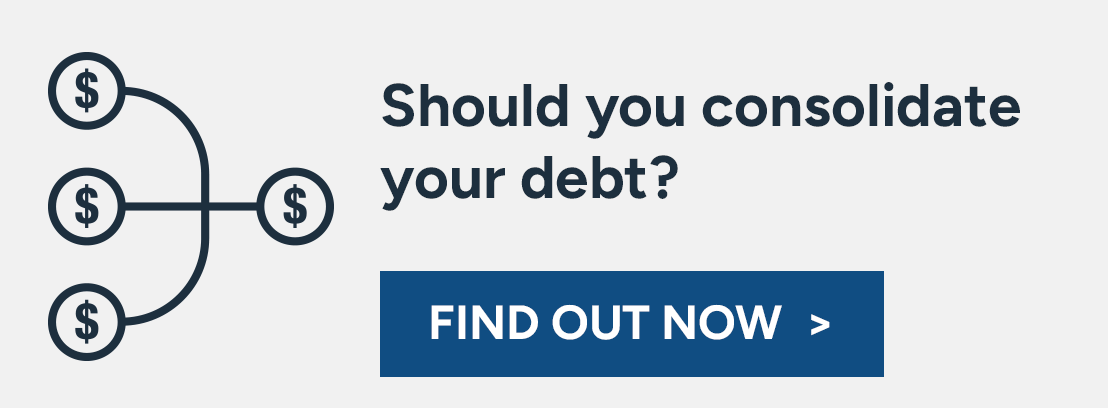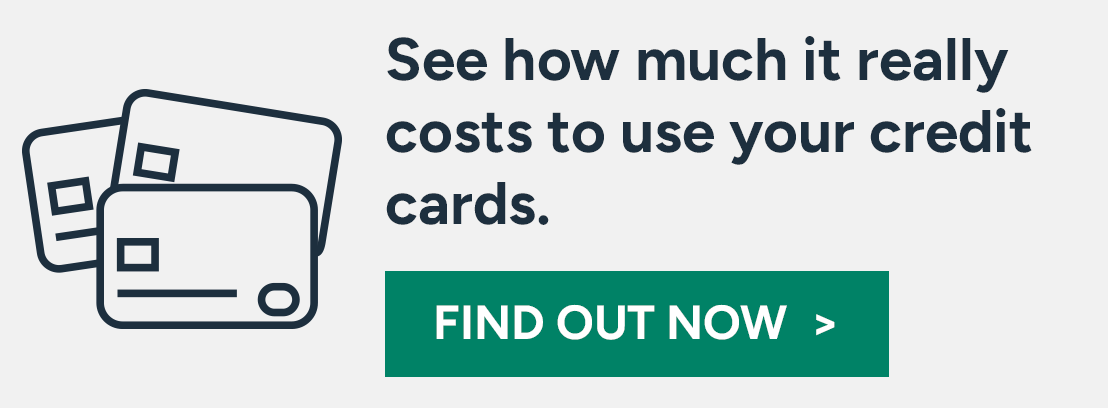How do reverse mortgages work?
When talking about reverse mortgage loans, the most common question that homeowners ask is “How do reverse mortgages work?” There’s a lot of reverse mortgage information on the airwaves and in magazines these days, but not a lot of straight answers and impartial advice. That’s why, when considering a reverse mortgage, it’s important to seek out a trusted source that can help you determine whether a reverse mortgage is right for you.
So how do reverse mortgages work?
It’s actually fairly simple. With a standard mortgage, you take out a loan to buy a house and you make monthly payments to pay back the lender over time. With a reverse mortgage, the lender makes monthly payments to you. Your home serves as security for the loan, and when you sell the home, move out or pass away, the loan is repaid from the equity in your home.
How do reverse mortgages work to provide seniors with greater independence?
Reverse mortgage solutions are only available to homeowners 62 years of age or older. This type of loan product was created in order to allow retirees with limited income to use the wealth they have built up in their homes to help pay for basic living expenses, for the cost of healthcare or for any other expenses.
How do reverse mortgages work if the homeowner outlives the loan?
Lenders cannot take away a home of a homeowner who outlives a reverse mortgage. The loan does not need to be repaid as long as one of the borrowers continues to live in the house and keeps taxes and insurance current.
How do reverse mortgages work in terms of federal insurance?
While there are several types of reverse mortgages, the most common is the Home Equity Conversion Mortgage, which is insured by the U.S. Department of Housing and Urban Development. This type of reverse mortgage carries more rules and regulations than other products, but there is more security in a federally backed product.
How do reverse mortgages work if the home wasn’t bought with FHA mortgage insurance?
If you did not buy your home with an FHA-insured mortgage, you can still apply for a HECM reverse mortgage.
How does counseling for reverse mortgages work? What is reverse mortgage counseling certification?
To apply for an HECM reverse mortgage, homeowners must complete a counseling session with an approved housing counseling provider, who provides the homeowner with counseling certification at the end of the session. The homeowner must provide the lender with a counseling certificate in order to apply for reverse mortgage.
Where can I get more information about how reverse mortgages work?
When you want straightforward reverse mortgage info, contact the certified housing counselors at American Consumer Credit Counseling (ACCC). ACCC is a nonprofit organization dedicated to providing financial services to consumers who want to reduce debt and make smart financial decisions. ACCC is also an approved provider of reverse mortgage counseling certification.
Learn more about how reverse mortgages work with ACCC, as well as other housing related services including ACCC’s home buyers class which provides a comprehensive understanding of the home buying process.



